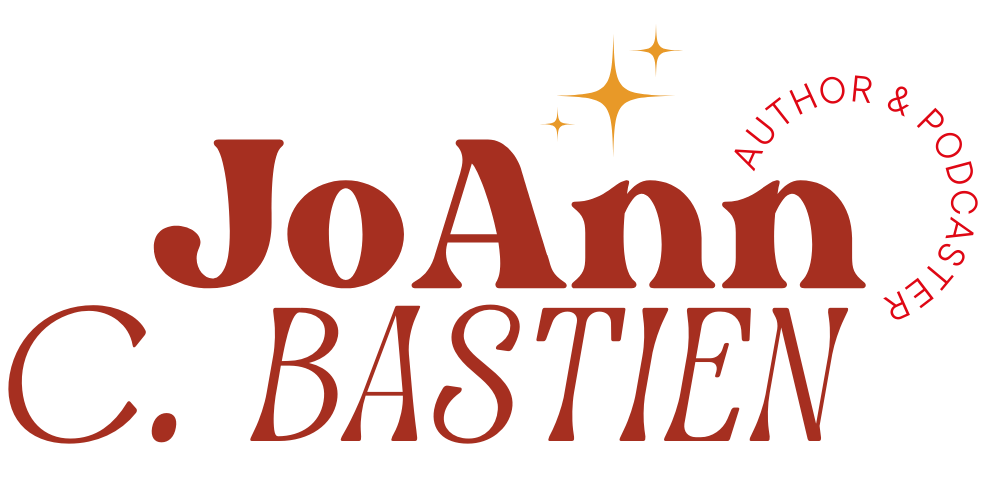Joann c Bastien
creating
Safe Spaces
Up Next
Welcome back to episode 144! In this episode, I'm sharing some insight from one of my M.A. classes on fundraising and marketing. I'm asking/answering the question: should nonprofits charge beneficiaries for their services? Whaat? Join the conversation and let me know.
Nicole Lintemuth on Bettie's Pages and Book Bans
Please welcome Nicole Lintemuth to the podcast! She is the owner of Bettie’s Pages in Lowell, MI. She also wrote a book about book bans which is coming this summer (2024). We have a great conversation about showing up for marginalized people groups and the power of books.
Episode 133
Angela Dudley on Millstone Ministries, Human Trafficking, and Grooming Tactics
Episode 130
Paula Dannielle On Racial Reconciliation and Showing Up
Season 3 has arrived and we are excited to kick it and the New Year off, being joined by Paula Dannielle. We will be discussing her book: Dear Sister: There’s Something Black Women Want You to Know and so much more.
Episode 130
Joy to the World
Welcome to the last episode of 2023! A new season is coming in January.
Episode 129
Michael Lecy on Spiritual Abuse & Ex-vangelicalism
Michael Lecy is a counselor and certified life coach. He was previously a pastor and he sat down to chat about his story. We talk about belonging when if feels like a drug and taking baby steps toward reconstructing.
Episode 129
A Very Thanksgiving Episode
Welcome back, friends! Thanksgiving Day has arrived and the holiday season is under way.
Episode 127
Rob Bell Welcomes You to Firdus
Hello, friends! Please welcome Rob Bell to the podcast! Yes, real Rob Bell. We sit down to talk about his new book, Where’d You Park Your Spaceship? So good. We talk about grief, curiosity, and liminal space. I highly recommend this book. 5 Stars.
Episode 126


This is her story
Essays on faith, hope and love
I’ve been a pastor for nearly 20 years, and I’ve met many interesting people along the way. These encounters changed me. They taught me more about faith, hope, and love than any seminary course. They taught me the truth about grace and mercy. And I saw God through their eyes. May you be encouraged by these stories to tell your own stories about faith, hope, and love.







